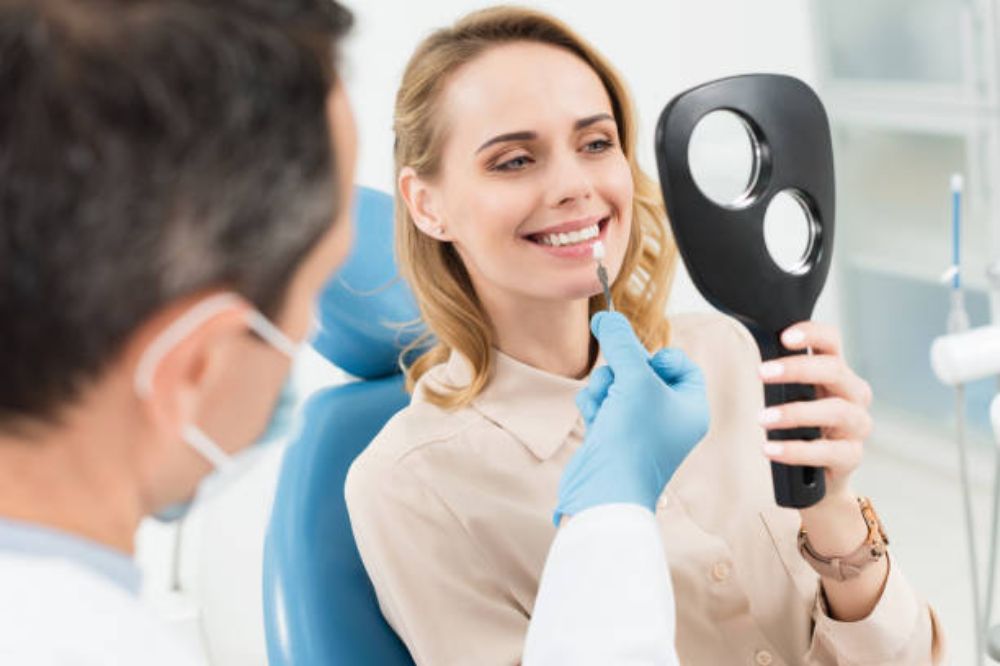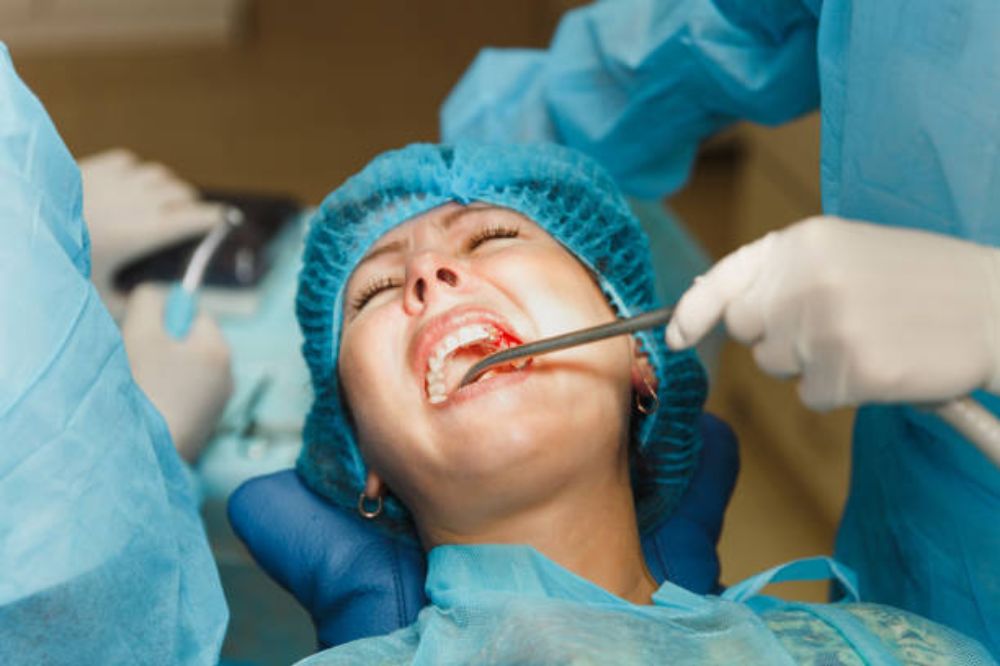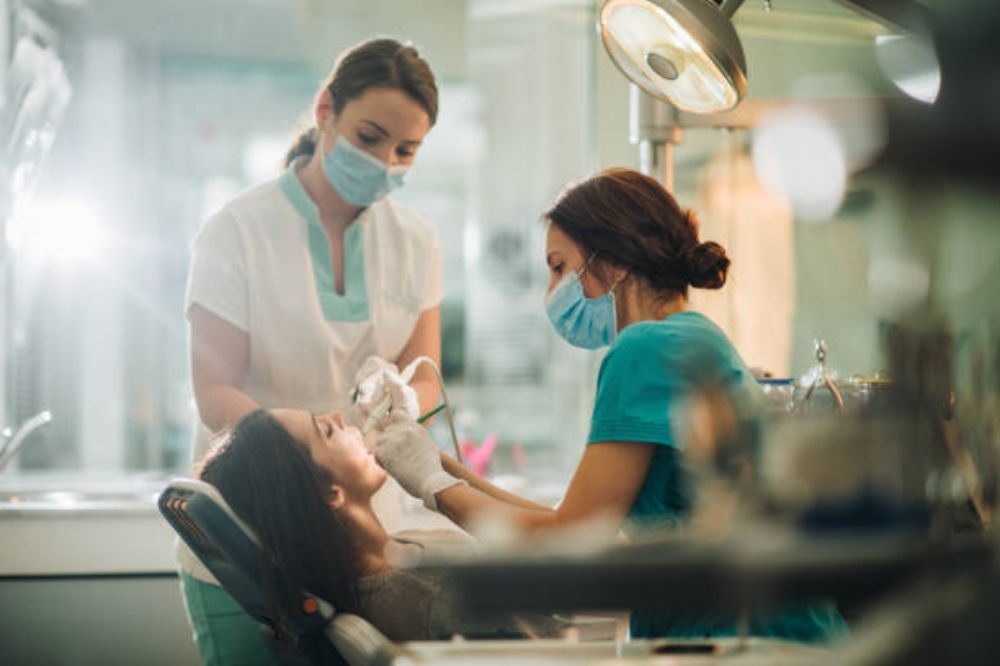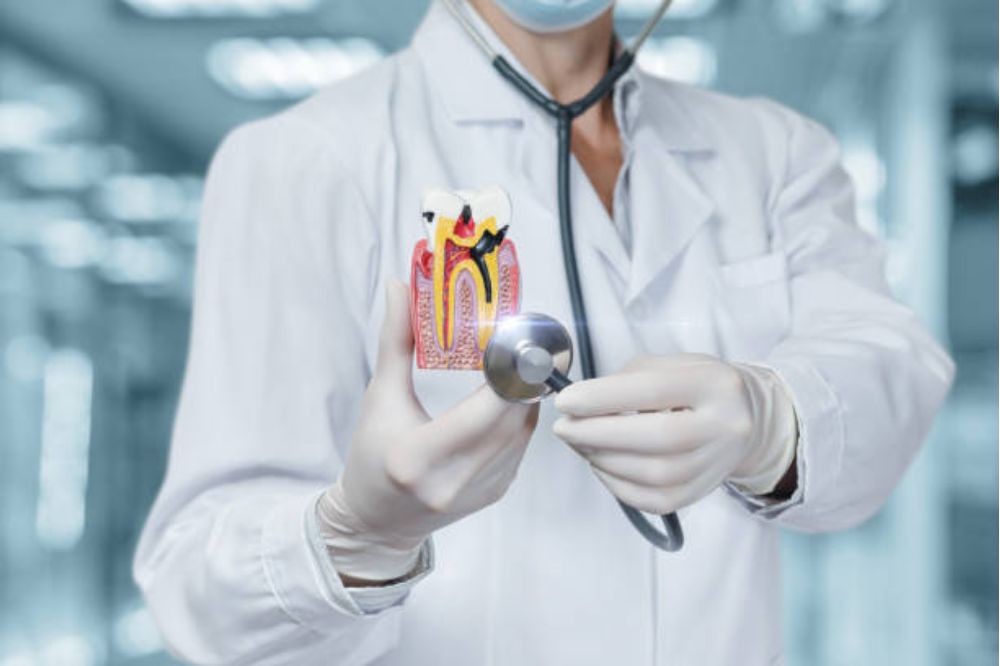
Can Invisalign fix overbites and underbites? If you have ever asked this question, you’re not alone. Many people are curious about the effectiveness of the clear braces for dental alignment issues. Invisalign in Richmond gets more popular day by day with the evolving of time. It is a newer alternative to metal braces. But how well does it work for bite issues? Let’s look at how Invisalign can improve overbites and underbites and what to expect from the treatment.
Understanding Overbites and Underbites
An overbite occurs when your upper front teeth significantly overlap your lower teeth Sometimes, an underbite occurs when the lower teeth extend past the upper teeth. You may find it hard to smile when both of these conditions are present. Not only does this affect your appearance, but it can also lead to oral health issues. This includes pain in the jaw, difficulty speaking, or uneven wear on the teeth.
Invisalign and orthodontics that are modern are made for correcting bite irregularities without the headache of metals and wires. If you want a reliable and comfortable way to fix your bite, talking to a dentist in Richmond can help you see if Invisalign is right for you.
How Invisalign Corrects an Overbite
Invisalign for overbite uses a series of bite plates that fit over your upper and lower teeth to push them into better alignment. You have to wear each pair of aligners for about two weeks before switching to the next one in the series.
If a person suffers from a mild to moderate overbite, then those with Invisalign can straighten their teeth for a better bite. Dentists may opt for elastics or attachments. Attachments are small, tooth-colored buttons that help guide the teeth more precisely.
In more serious cases of overbite, other orthodontic procedures or extended periods of treatment may be required. At your first appointment, your dentist will capture 3D scans to develop a unique treatment plan to give predictable and effective results.
How Invisalign Helps Fix an Underbite
An underbite may make chewing, speaking, and symmetry difficult for people. Invisalign for underbite can gently push back the lower teeth or push forward the upper teeth. Which method is used depends on your case’s severity.
Invisalign provides excellent results for mild and moderate cases similar to that of braces. Your dentist may suggest that you get extra attachments on your aligners or that you have some of your enamel removed so that your teeth have extra space to move.
In some cases, jaw misalignment may be complex enough to have your doctor require both the use of Invisalign and other orthodontic treatments or even minor surgery.
Benefits of Choosing Invisalign for Bite Correction
- You can barely see them: Clear aligners are likely the best alternative for adults and teens who don’t want a noticeable look.
- Plastic aligners do not cause any irritation to the gums and cheeks like metal brackets do.
- You can easily remove them for eating food, brushing, special occasions, and more.
- Expert planning: The entire Invisalign treatment is carefully planned from the very beginning.
- You can clean your teeth easily because aligners are removable. They also help in maintaining healthy gums.
Who Is a Good Candidate for Invisalign?
Invisalign is good for mild to moderate overbites, underbites, crowding, or spacing issues. Most teenagers and adults prefer flexible and aesthetic solutions for orthodontics.
If the alignment of your jaw is complex, your dentist may suggest combining Invisalign with some other type of orthodontic treatment for the best future result.
Find Us on Google Map
Conclusion
Invisalign can treat many overbites and underbites comfortably. Those who use this miraculous aligner can feel good while smiling. To see if this treatment is right for you, schedule a consultation today with The Urban Dentist—your partner for healthy, aligned teeth and good dental care.






